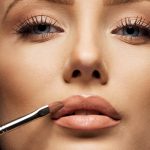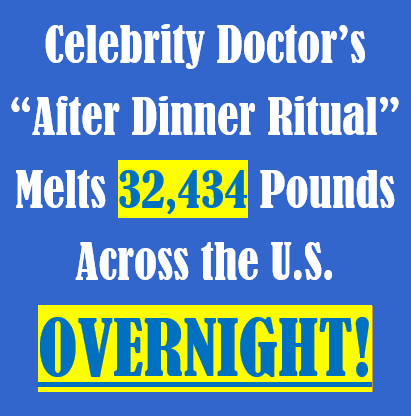If you’re new to natural hair care or are looking to switch from chemical-laden products, then this guide is perfect for you. Embracing your natural beauty can be a liberating experience, and with the right tools and knowledge, you can achieve healthy, luscious locks that will make heads turn. In this blog post, we’ll cover everything you need to know about natural haircare, including tips on how to maintain healthy tresses, styling ideas, and common mistakes to avoid. Let’s get started!
Introduction to Natural Hair Care
Natural hair care involves using products that are free of harsh chemicals and instead rely on organic ingredients to nourish and protect your hair. This approach to haircare has gained popularity in recent years as more people become aware of the harmful effects of conventional hair products. By switching to natural hair care, you can reduce the risk of damage, dryness, and breakage while promoting healthier growth.
Types of Hairstyles for Natural Hair
There are many different types of hairstyles for natural hair, ranging from short cropped cuts to long flowing curls. Some popular styles include afros, braids, twists, and bantu knots. The key to achieving beautiful natural hair is to embrace your unique texture and find a style that complements it. Experiment with different looks until you find one that works best for you.
How to Maintain Healthy, Luscious Locks
Maintaining healthy, luscious locks requires a combination of good habits and quality products. Here are some tips to help you keep your hair in top condition:
Wash your hair regularly but not too often (every 7-10 days)
Use a moisturizing shampoo and conditioner
Avoid heat styling whenever possible
Get regular trimming to remove split ends
Protect your hair from sun exposure by wearing hats or scarves
The Best Natural Hair Products for Your Hair Type
Finding the right natural hair products can be overwhelming, especially if you have a specific hair type. Here are some product recommendations based on hair type:
Dry hair – Look for products that contain shea butter, coconut oil, or olive oil. These ingredients provide deep moisture and hydration.
Curly hair – Choose products that are specifically formulated for curly hair. They should contain humectants like glycerin or honey to retain moisture.
Fine hair – Opt for lightweight products that won’t weigh down your hair. Look for ingredients like aloe vera or sea buckthorn berry extract.
Styling Tips and Tricks for Natural Hair
One of the great things about natural hair is that there are endless possibilities when it comes to styling. Here are some tips and tricks to try out:
Twist outs – Create small sections of damp hair and twist them into ropes. Allow them to air dry before undoing the twists for voluminous curls.
Bantu knot outs – Part your hair into small sections and tie each section into a bantu knot. Leave them in overnight and unravel them in the morning for defined curls.
Braidouts – Plait your hair into large braids and leave them in until they’re completely dry. Then take them out for soft waves.
Common Mistakes to Avoid When Caring for Natural Hair
While natural hair care may seem simple, there are still some common mistakes that people make. Here are three mistakes to watch out for:
Overwashing – Washing your hair too frequently can strip away essential oils and cause dryness. Try washing every 7-10 days instead.
Using heavy products – Heavy products can weigh down your hair and cause it to look limp. Stick to lightweight formulas that don’t leave residue behind.
Not protective styling – If you wear your hair out all the time, it can become damaged and fragile. Consider trying protective styles like braids or buns to give your hair a break.
FAQs About Natural Hair Care
Here are answers to some commonly asked questions about natural hair care:
How do I prevent frizz? – To prevent frizz, use a moisturizing shampoo and conditioner, avoid brushing your hair when wet, and apply a serum or oil to tame flyaways.
What’s the difference between natural hair and relaxed hair? – Relaxed hair has been chemically treated to straighten the curl pattern, whereas natural hair hasn’t undergone any chemical processing. Natural hair typically has a more textured appearance and requires different maintenance practices than relaxed hair.
Can I color my natural hair? – Yes, you can color your natural hair, but it’s important to choose a brand that uses nontoxic, plant-based ingredients. Be sure to test the color on a small patch of skin first to check for sensitivity.
Conclusion: Embracing Your Natural Beauty
Embracing your natural beauty can be incredibly empowering. Whether you decide to rock an afro, locs, or a sleek ponytail, remember that your hair is uniquely yours and deserves to be celebrated. With these tips and tricks, you’ll be well on your way to achieving healthy, lustrous locks that reflect your individuality and confidence.







